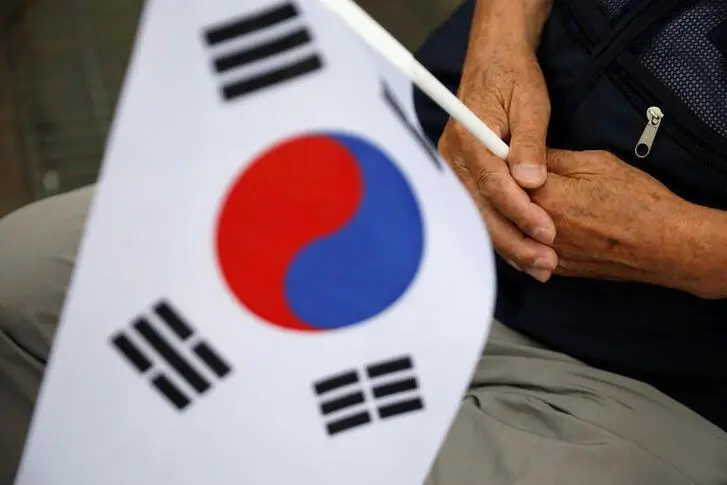PHOTO
SEOUL - South Korea's presidential office denounced on Wednesday the repatriation of two North Korean fishermen in 2019 as a potential "crime against humanity" by the previous government, pledging to reveal the truth.
The comments came after Seoul's Unification Ministry, which handles relations with the North, released photographs of the two men, who were suspected of killing 16 shipmates, being forcibly dragged across the border between the neighbours.
"If they were forcibly repatriated to the North even when they expressed their will to defect, it's a crime against humanity that violated both international law and the constitution," Kang In-sun, spokeswoman for President Yoon Suk-yeol, told reporters.
She vowed that Yoon's administration would uncover the truth behind the decision, as South Korean prosecutors have re-opened an investigation into the case.
At the time, the government of then president Moon Jae-in called the fishermen "dangerous criminals who would threaten South Koreans' safety" as they killed colleagues in a shipboard fight over an abusive captain before crossing the sea border.
Moon has not commented on the renewed allegations, and Reuters could not immediately trace contact details.
But opposition lawmaker Yoon Kun-young, who served as Moon's situation room chief, defended the move as being legal and in the national interest.
"President Yoon, are you saying we should have let the grotesque murderers get away with their crime and protect them with our own people's tax money?" he wrote on Facebook.
He was one of eight lawmakers who issued a statement accusing the Yoon government of re-opening the case to undermine political foes.
Human rights activists have condemned the repatriation, and a U.N. investigator said South Korea had probably violated the men's rights, by sidestepping an obligation for its justice system to deal with them rather than deporting the men.
While their fate has not been confirmed, there was an expectation their rights would be violated when they were turned over to North Korean authorities, Tomas Ojea Quintana, the U.N. investigator, said in Seoul last month.
"The two men's desperate resistance to being forced back that is so apparent in those photos shows that they understood they were fighting for their lives," Phil Robertson of New York-based Human Rights Watch said in a statement.
"Moon Jae-in and his officials knew that too, and yet still they sent them back."
Robertson accused Moon of being "so desperate to please North Korean supreme leader Kim Jong Un" that he "shamefully disregarded basic principles of human rights and humanity".
(Reporting by Josh Smith and Soo-hyang Choi; Additional reporting by Hyonhee Shin, Choonsik Yoo and Jack Kim; Editing by Muralikumar Anantharaman and Clarence Fernandez)





















